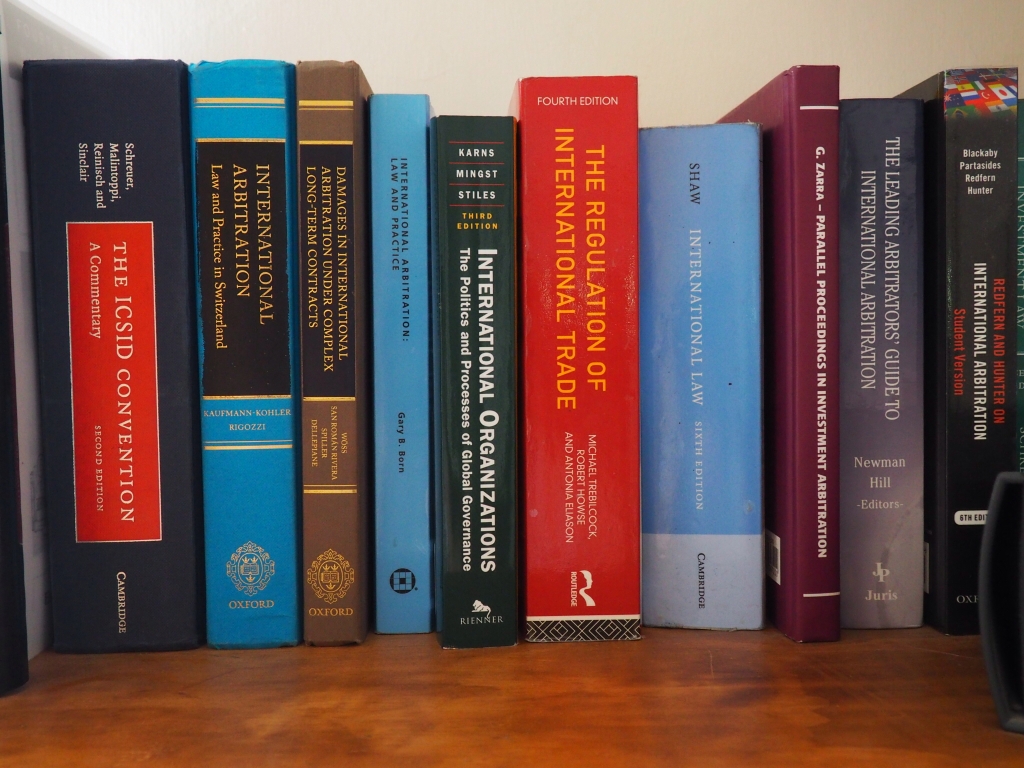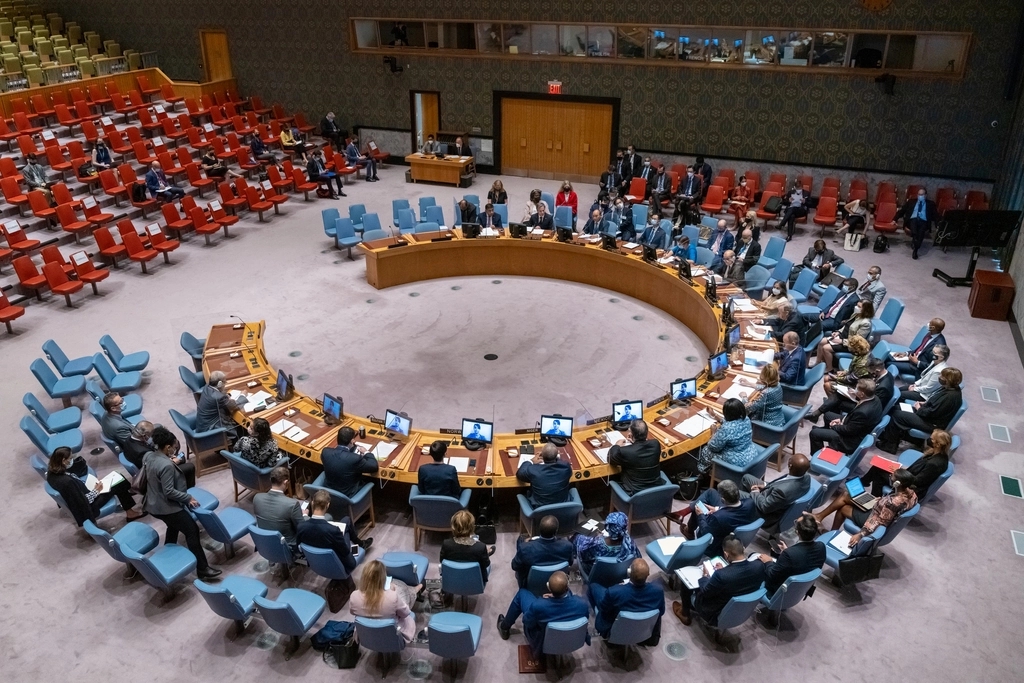Why we should regard International Law as a system? Is that actually important, can we find the inner morality of international law? following the definition by Lon Fuller?, exciting as I see it. But why?
Prof. Abi-Saab in one of his seminal articles wrote about the proliferation of International Courts and Tribunals, a problematic phenomenon that puts somehow in jeopardy the System of International Law, maybe, his understanding was more regarding the inner morality of international law.
At least, is what I believe, that there is actually a System in International Law, and, following Prof. Abi-Saab, the system of International Law as a set of rules and norms is somewhat rough, not to equate it with the word archaic, although it might seem like.
Fuller provides eight principles on what is needed to regard a legal system to exist, such are:
- Generality
- Promulgation
- Non-retroactivity
- Clarity
- Non-contradiction
- Possibility of Compliance
- Constancy
- Congruence between declared rule and official action
How these principles may work in International Law, taking into consideration the proliferation of International Courts and Tribunals, is something that I believe is worth analyzing.
Much has been talked about the proliferation of courts and the causes of it, but, the justification of the philosophical framework seems to be obscure, since, everybody believes that the proliferation of International Courts and Tribunals may end up in the violation of Fuller’s fifth principle which is non-contradiction. That means, that Contradiction in itself may cause a problem with a given legal system.
Even if I agreed with such point of view, I found it to be insufficient since I wasn’t able to understand which criteria existed in order to regard a legal system as a legal system, and what would happen if such criteria weren’t met, and the causes of it.
So, I guess I stumbled across with Fuller’s eight principles, and if we follow closely such criteria given, the non-contradiction principle can cause a cascade that might affect other principles, which suming them all up, will undermine in fact the International Law as an actual system, despite its rudimentariness.
Contradictory findings in parallel proceedings can cause the first problem against such fifth principle –non-contradiction–, but also will cause a problem as to the possibility of compliance –against the sixth principle. Causing a problem of Constancy –the seventh principle–, since the courts and tribunals in parallel proceedings may evaluate principles of international law differently, impacting the eight principle, Congruence and the fourth principle Clarity, since it is not clear how a principle in International Law must be evaluated and if there will be actually Congruence in the interpretation among the Courts and Tribunals, since, the Courts and Tribunals have a norm-generating function.
The norm-generating function comes from the erga omnes effect of their decision, how a principle or norm must be understood by the parties outside a given dispute. Interesting.








Deja un comentario